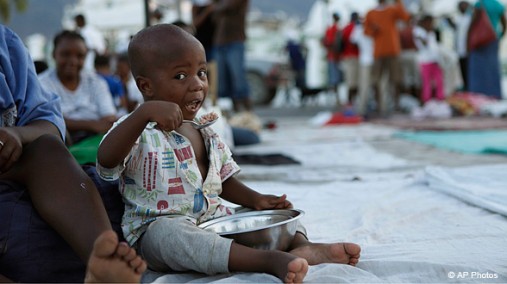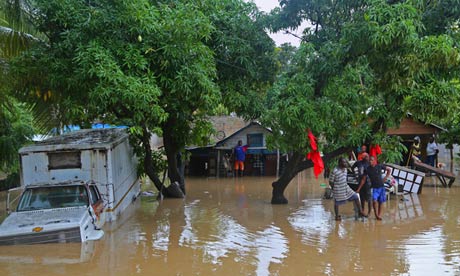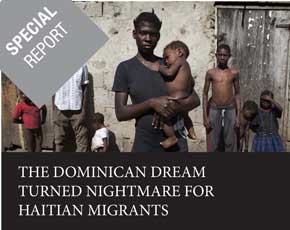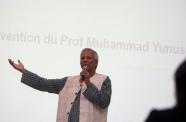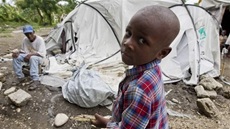Plans to Rebuild Catholic and Episcopalian Cathedrals Take Shape
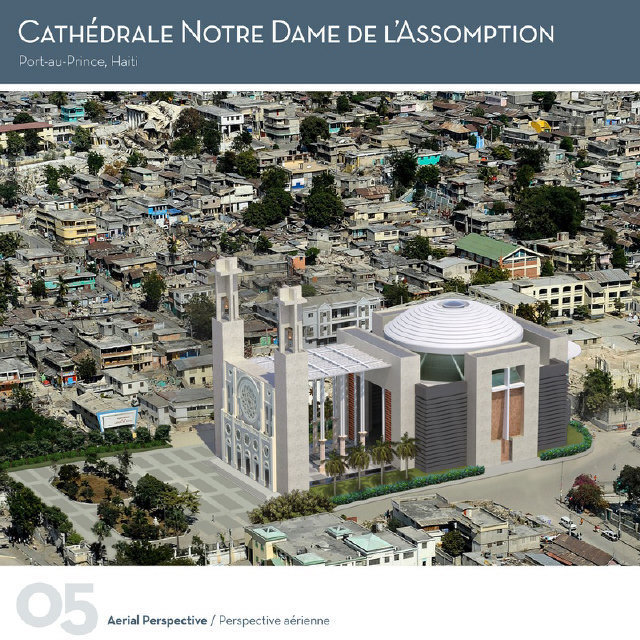 The Catholic and Episcopalian cathedrals were two prominent landmarks in Port-au-Prince prior to their destruction in the earthquake. Plans are now underway for the reconstruction of each. A Puerto Rican team has won an international design competition to rebuild the Catholic Cathedral. The Episcopalian cathedral will be rebuilt by a Virginia-based firm. Each will be built back better, able to withstand hurricanes and earthquakes. Learn more at the websites of the Catholic and Episcopalian Cathedrals. Full Miami Herald article below.
The Catholic and Episcopalian cathedrals were two prominent landmarks in Port-au-Prince prior to their destruction in the earthquake. Plans are now underway for the reconstruction of each. A Puerto Rican team has won an international design competition to rebuild the Catholic Cathedral. The Episcopalian cathedral will be rebuilt by a Virginia-based firm. Each will be built back better, able to withstand hurricanes and earthquakes. Learn more at the websites of the Catholic and Episcopalian Cathedrals. Full Miami Herald article below.
